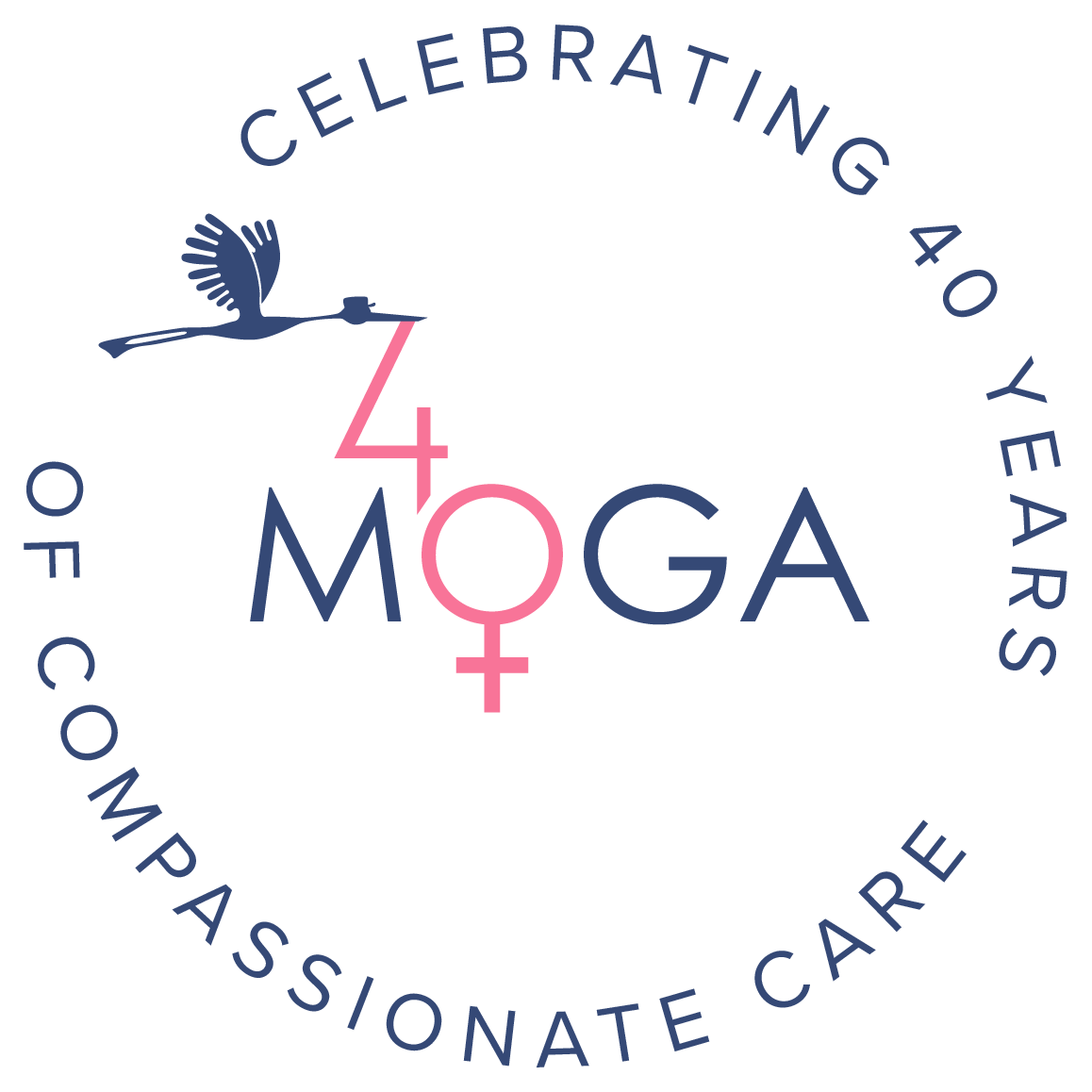Many expecting mothers find the experience a bit scary, and one of the most dreaded after-effects is postpartum depression. Memphis Obstetrics and Gynecological Association is glad to tell you that though this remains common, there are many resources available to help. Today, we’ll discuss how to recognize the signs of postpartum depression.
What is Postpartum Depression?
Within the first year of birth, a mood disorder called postpartum depression can be a common aspect of early motherhood. Although most cases are mild, it still can have adverse effects on a new mom’s mental and emotional well-being, as well as possibly interfering with her ability to function and bond with her child.
Here are some of the common symptoms of this condition:
- Persistent sadness or low mood
- Extreme fatigue or exhaustion
- Difficulty concentrating or making decisions
- Loss of interest or pleasure in activities
- Changes in appetite or weight
- Sleep disturbances
- Irritability or mood swings
- Feelings of guilt
- Difficulty bonding with the baby
- Thoughts of self-harm or harming the baby
Causes and Risk Factors
Although some aspects of postpartum depression aren’t completely understood, there are a number of factors that can result in these symptoms:
-
- Rapid decreases in hormones after childbirth can be abrupt and affect mood.
- The physical recovery and changes after having a child can be somewhat difficult for mothers.
- Emotional factors like the stress of caring for a newborn baby and lack of good sleep can be overwhelming.
- Patients with a history of mental health issues like depression or anxiety can be at a higher risk of postpartum depression.
- Some mothers can feel isolated as they or their significant others return to work.
- There are sometimes, cultural expectations can influence how this condition is perceived and treated, often preventing mothers from seeking help.

When To Seek Help
At MOGA, we heavily advocate for mothers’ mental and physical well-being. It’s vital to seek professional help if you’ve experienced the following:
- Your symptoms persist for more than a few weeks and interfere with your daily functions.
- There is significant difficulty in bonding with or managing the responsibilities of your new baby.
- If there is ever any thought of self-harm or harming the baby, emergency services should be contacted. This is a more a rare but significantly more dangerous condition called postpartum psychosis (hallucinations, delusions, mood swings) that can require prompt medical attention. If you or anyone in your life suspects you may be suffering from this, please reach out to your provider.
Treating Postpartum Depression
But as we said, there are many options for treatment available for patients. Here are some of the means of treatment we might suggest:
1. Professional Therapy
- Cognitive Behavioral Therapy (CBT): CBT is a therapy that helps individuals identify and intentionally alter negative thought patterns and behaviors. This can be helpful in treating postpartum depression by addressing the way a mother approaches their symptoms, equipping them with new tools to address some of the hardships they are facing.
- Interpersonal Therapy (IPT): IPT is based on restoring interpersonal relationships and communication skills, which can help address relationship issues and social support.
- Counseling: Seeing a licensed counselor or therapist can provide a non-judgemental, supportive space for discussing your feelings and developing coping strategies.
2. Medication
- Antidepressants: Some common depression medicines (SSRIs) are prescribed for postpartum depression. They can help regulate mood by adjusting the serotonin levels in the brain. With any medication, the pros and cons should be discussed with your healthcare team, especially if you already take other medications.
4. Lifestyle Changes
- Exercise: Getting back into regular physical activity often helps improve mood and reduce symptoms of depression. Start slowly and select activities that feel manageable.
- Healthy Diet: A balanced diet can also contribute to improving your overall mental health. Adding foods rich in vitamins, minerals, and omega-3 fatty acids can have a positive effect.
- Sleep: Managing your sleep routine can also significantly impact mood, although this can be a hard aspect to manage in early motherhood.
6. Family and Social Support
- Partner Involvement: A partner can play a crucial role in supporting recovery by assisting with household tasks, providing emotional support, and encouraging mental health treatment. remove-> (They can also help by supporting you in caring for your child)
- Family and Friends: Having a supportive network of family and friends is an excellent resource for practical help and emotional support.
5. Self-Care Strategies
- Mindfulness and Relaxation: Adopting techniques like mindfulness, meditation, and deep breathing can help reduce stress levels.
- Time for Yourself: It’s important to try and make time for personal activities and hobbies, which can provide a sense of normalcy and satisfaction. Even taking small breaks can benefit you.
8. Addressing Co-Occurring Conditions
- Anxiety Disorders: If persistent anxiety is also present, it may need to be addressed alongside depression. Integrated treatment plans are able to address multiple symptoms in this way.
- Other Health Issues: The same goes for any other physical health issues or chronic conditions, which can impact the rate of recovery.

Treating Yourself With Kindness
You are not alone if you are in this state—many mothers experience this and recover from it. One key is being prepared, and MOGA is committed to helping ensure you are. If you have any questions, ask your provider directly. You can find us in East Memphis, Collierville, Germantown and Southaven.


